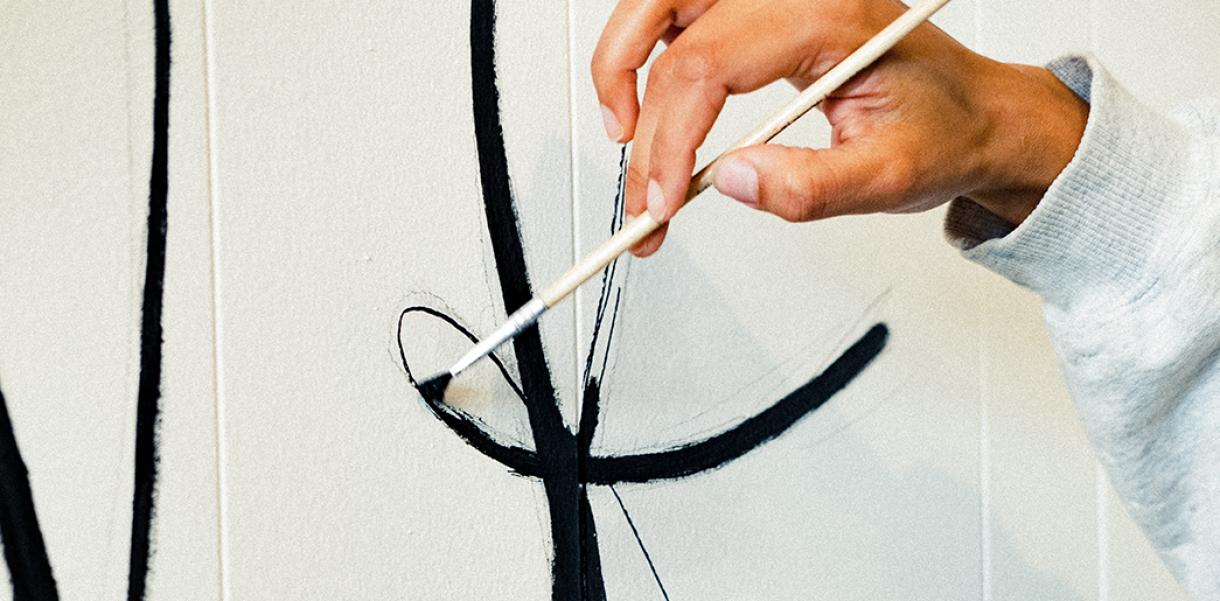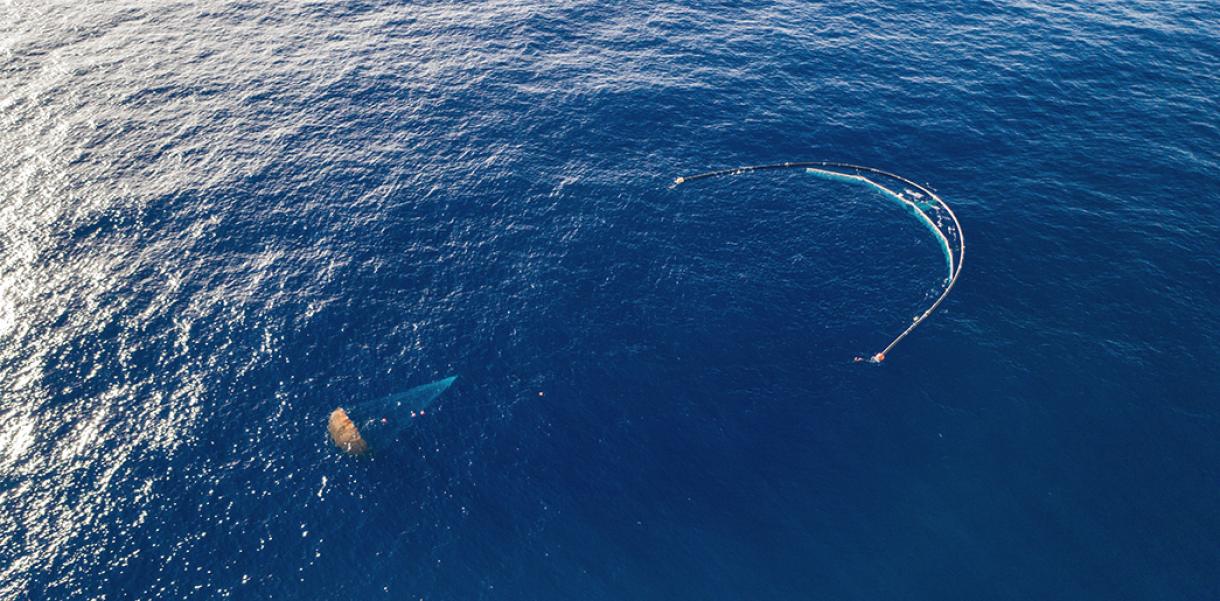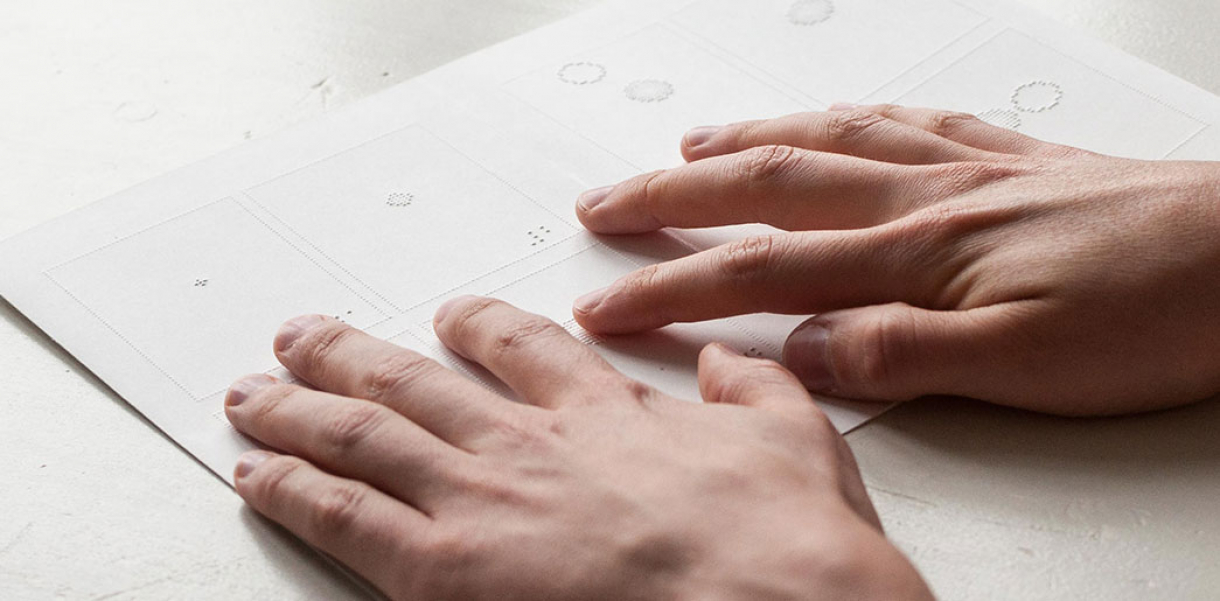As we're still doing our best to soak up the sunshine in Copenhagen, the misty bike rides to work in the morning indicate that we're rapidly approaching fall. In Denmark, for those who are unaware, this largely means darkness.
In any year, staying upbeat at this time of year is a challenge, in 2020 it'll take some extra work and dedication. We all have our personal ways to navigate in times of crisis of any sort, but collectively sharing the experiences of the past months have made some coping mechanisms stand out. Here are three random and maybe trivial things that we realised help us navigate, get into either action or pensive mode or just plainly make us feel good.
Energy boosters
"It's not the time for despair, it's not the time for cynicism, it's not the time to give up," is what New York Congresswoman Alexandria Ocasio-Cortez preached to supporters following the passing of Supreme Court judge Ruth Bader Ginsburg last week, who fear its potential political implications.
The worrying state of the world and a regular influx of bad news can easily paralyse us these days and make us feel like passive bystanders – although that's the very last thing needed at this moment. We have an active role to play in shaping our future by exercising our democratic rights and by using the knowledge, skills and tools at our disposal to change things for the better in our radius of influence. But, we also need people to remind us of this by inspiring us, supporting us and boosting our confidence; and the good news is that there's plenty of that going around.
If you're unsure where to look, start with checking out the many life-changing projects nominated for Index Award 2021 or the confidence booster by Senior Curator at MoMA Paola Antonelli, who recently talked about the many ways we can start repairing the broken bond with nature and has some great inspiration to offer.
Support tools
Since March this year, we've been running design thinking support sessions to help people and businesses navigate through their challenges and ideation processes. Although the problem statements have varied immensely, a pattern has emerged where people have been unable to figure out what exactly to focus on next. Faced with a broad number of questions and challenges, they were often at a loss on how to narrow it down into very concrete steps.
With so many societal and environmental issues requiring each of us to both take a stand and become actively involved, is a problem that most of us have experienced. The availability of information and easy access to tools and communication additionally enhance the feeling that we should be able to take on many things at once and still make an impact. But the reality is a different one.
What design processes are so good at is teaching us that it's so vital to focus. Only if we focus, break down one challenge and its context, will we be able to start creating a sustainable solution and have an actual impact. And that we can't do it alone but always need a team to spar with. So, regardless if it's a personal or professional challenge, if you're at a loss on how to continue, it's worth (and fun) taking a look at these tools to make it easier for yourself.
Safe spaces
Lastly, "it's not sustainable to stay fully with the trouble all the time," is what Natsai Audrey Chieza, Founder of Project Coelicolour and Index Award 2019 winner recently shared. And I couldn't agree more. Especially now, with COVID-19 wave X rolling on in full-swing, our political, working and private lives are again starting to be concentrated mainly within our own four walls.
It takes extra effort to draw the lines and not have issues consume us. But as dwelling on problems 24/7 is neither healthy nor effective, we need to find our personal place where we can turn-off and visit it as regularly as possible in the coming months.
-
Image: Savvas Kalimeris




